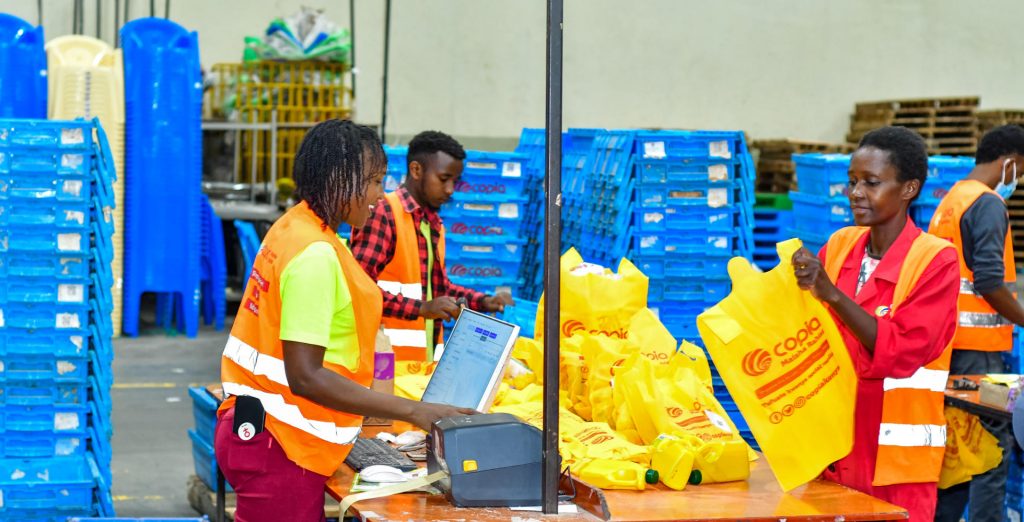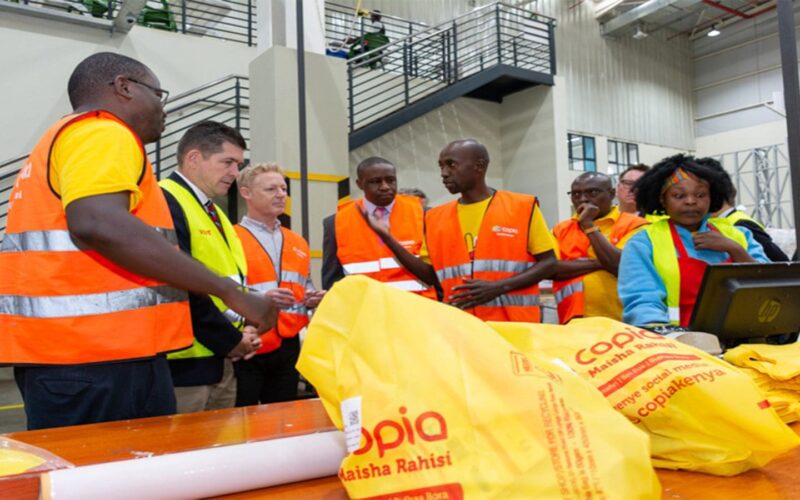Copia Global, a Kenyan B2C e-commerce platform, has halted orders from Central and Eastern Kenya just one week after cash flow challenges forced it into administration.
To preserve cash and seek new investors, the new administrators have scaled back Copia’s operations. The six affected markets are Naivasha, Machakos, Meru, Embu, Kericho, and Eldoret.
The staff at depots serving these areas have been sent on leave. On May 16, the company announced plans to lay off over 1,000 workers, including 900 permanent employees and 200 casuals.

Anne Mwihaki, Copia’s director of human resources, informed employees via email that the company would notify “all external stakeholders, including agents, customers, and transporters.”
In a separate email, Makenzi Muthusi, one of the administrators appointed by Copia, assured employees that the firm had funds to cover May salaries but delayed disbursement due to incomplete administrative tasks related to the bank accounts.
Copia Kenya appointed Muthusi and Julius Ngonga of KPMG, an audit and advisory firm, to help turn around operations and raise fresh capital for the Kenyan unit.
Read also: Copia Kenya’s parent company enters administration after funding failure.
“As a follow-up to our previous communication on the administration process, as a reminder, the objectives of the administration are to maintain the company as a going concern. The administrators continue to work with management to raise capital from new investors for the Kenya business,” Mwihaki said.
Once a favorite among venture capitalists, including the US’s DFC and GoodWell Investments, Copia received $123 million in funding but failed to turn a profit. The company aimed to transform informal rural kiosks into a multi-billion-dollar digital retail platform linking customers directly to fast-moving consumer goods (FMCG) manufacturers to lower product costs.
At its peak, Copia had 1,800 staff and over 50,000 agents across Kenya’s Western, Nyanza, Central, and Eastern regions. In 2022, the firm opened a hub in Uganda but closed it after a year, halting its pan-African expansion plans.












